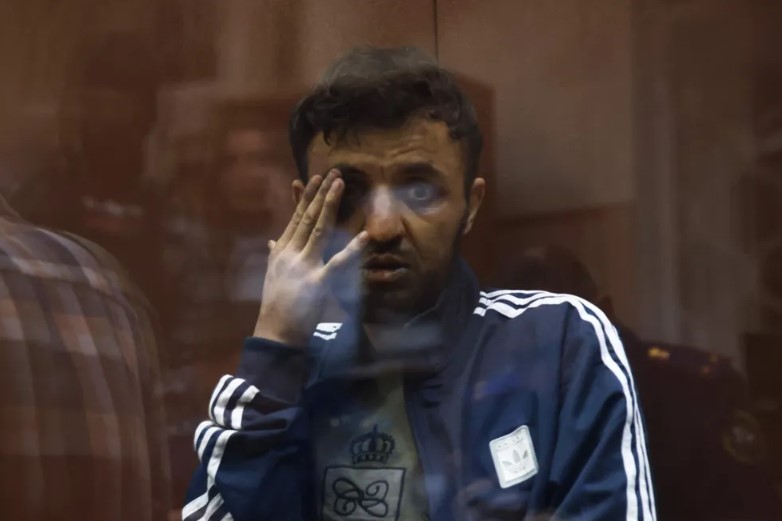"In the story of the terrorist attack in the Moscow region, there are many aspects to consider, but it's crucial to focus on the aftermath and challenges ahead. Firstly, the Kremlin will likely attempt to insinuate the presence of a "Ukrainian trace" internally, even if it lacks credibility. Externally, they may exploit the theme of "sympathy and solidarity," which shouldn't be underestimated. Look at how swiftly everyone reacted and compare it to the response to Russia's recent strikes on Ukraine. There's much to contemplate here.
Secondly, the Kremlin might use this as a pretext to enhance ties with both Western and non-Western countries along the lines of intelligence services, citing a common terrorist threat and proposing new areas of cooperation. Israel may be included in this as well. This strategy could have limited success.
Thirdly, regardless of Kremlin statements, this attack damages its and the intelligence services' image. Even after American warnings, the system failed to prevent or swiftly localize those responsible. The phrase about the "window at the border" is particularly weak, implying that after years of war, the FSB couldn't intercept a few terrorists. The system's vulnerability is evident, and heads may roll; when and whose, remains to be seen. It's not unlikely that the Kremlin will use this attack to abolish the moratorium on the death penalty for certain crimes, as Russia no longer adheres to Council of Europe standards and doesn't consider itself a European country. Tightening screws may extend in this direction as well.
Fourthly, a crackdown and partial cleansing of migrants from Central Asia in Russia are possible, which would severely impact the Russian economy, upon which they depend. Fifthly, our partners may engage with us concerning what actions are feasible on Russian territory, fearing escalation. We certainly have the right to self-defense against Russian aggression, not limited to our territory under the UN Charter, but our partners might be hesitant to give the Kremlin additional reasons. Lastly, there could be debates about whether the Islamic State's claim of responsibility is genuine. However, for some Muslims, wars in Afghanistan, Syria, Chechnya, etc., are components of Russia's war against Islam. After Hamas's actions, others might say, "If they succeeded, why can't we?" Obviously, whoever planned this may see it not as an isolated terrorist act but as part of a broader narrative. Overall, the Kremlin will likely try to leverage this attack to tighten screws and further demonize us internally while attempting to garner sympathy and activate external cooperation in counter-terrorism. Meanwhile, the vulnerabilities of Russian intelligence services in this story remain evident and will continue to undermine the regime's image."

Dalerjon Mirzoyev, one of the defendants in the "Crocus City Hall" terrorist attack, at the Basmanny Court in Moscow. March 24, 2024. Tatyana Makeeva / AFP / Scanpix / LETA


















